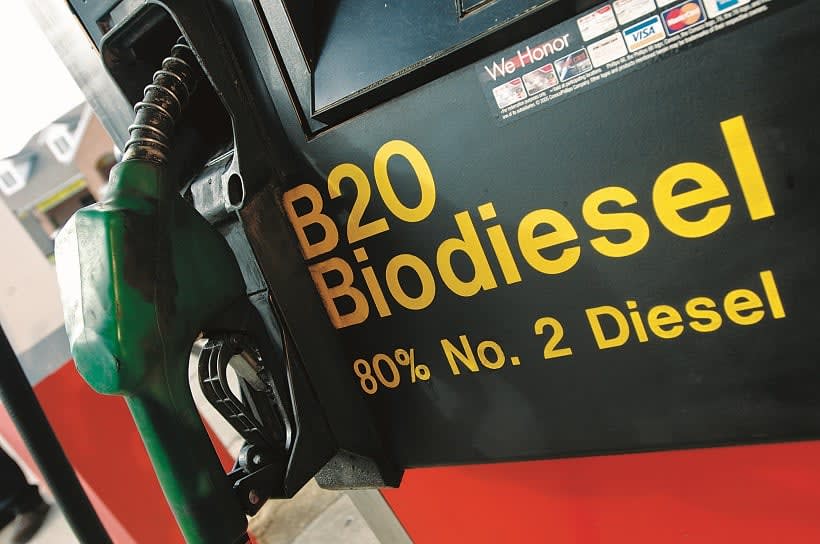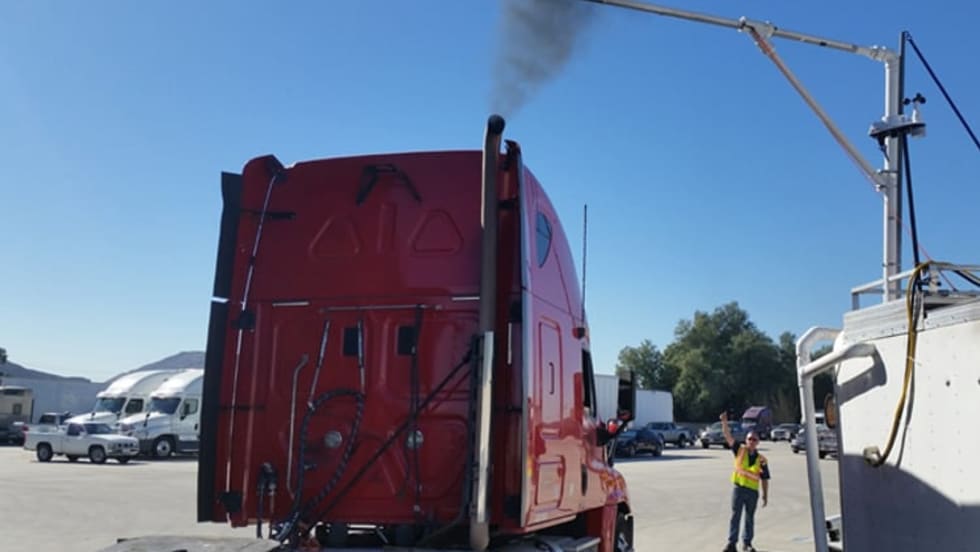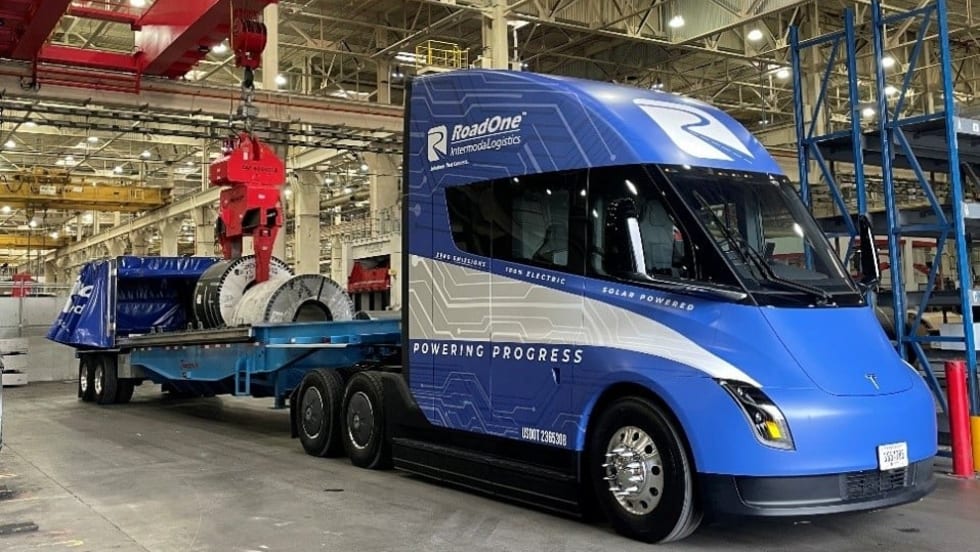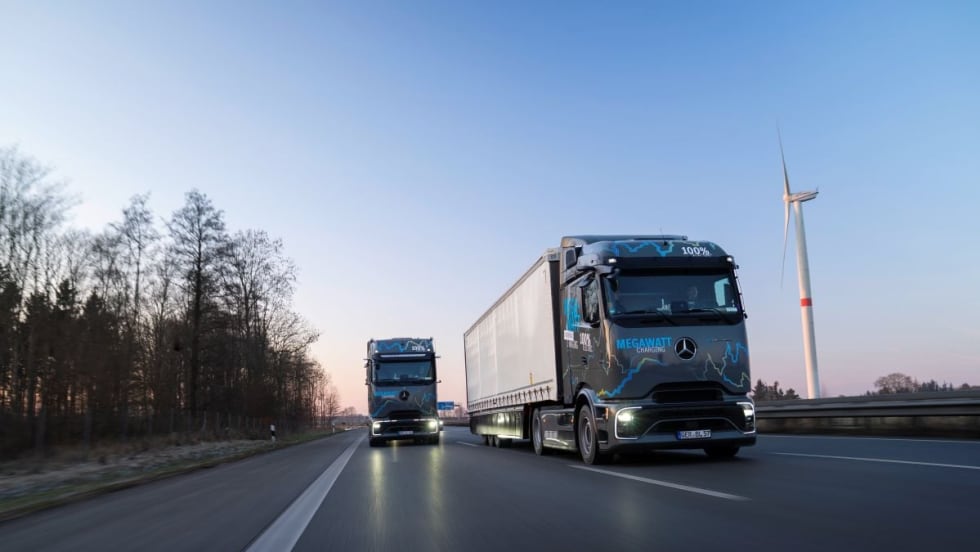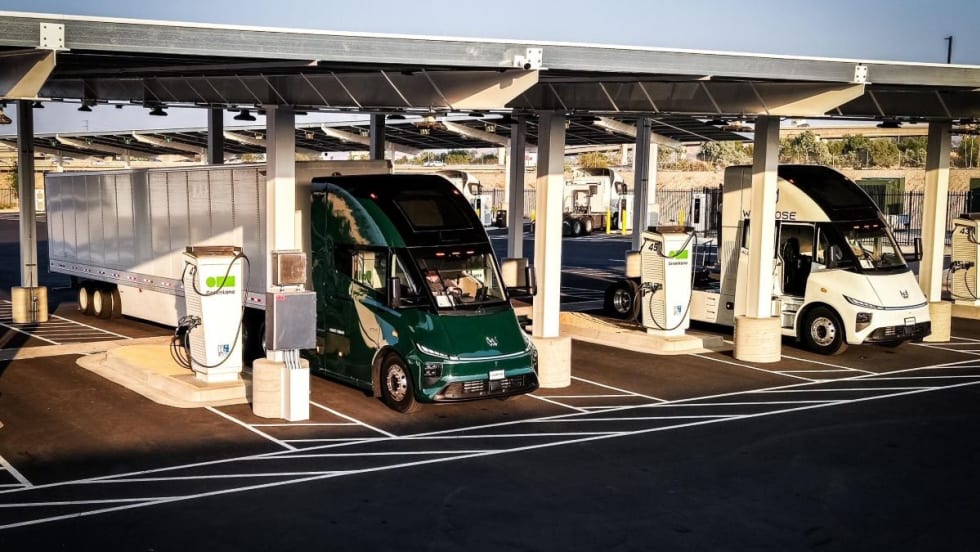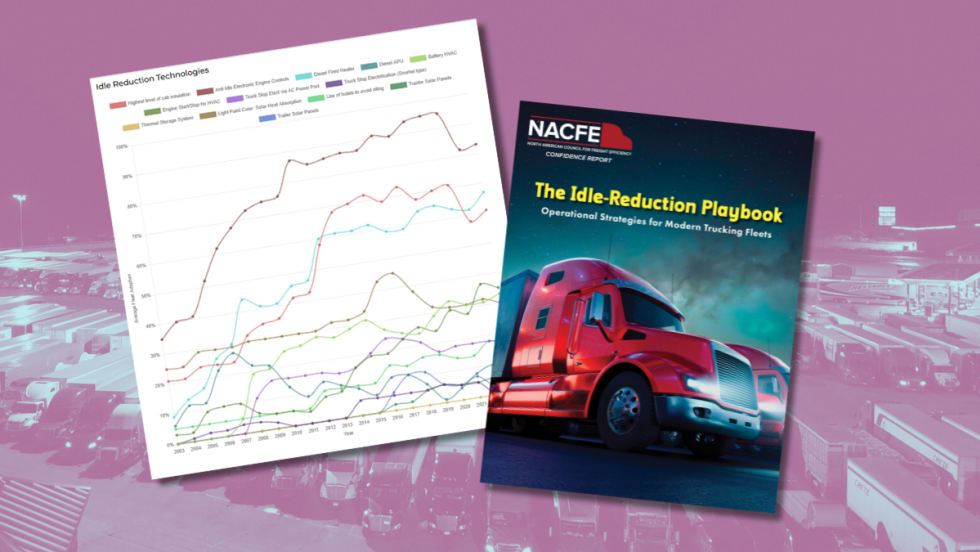Recent data from the California Air Resources Board Low Carbon Fuel Standard program shows that biodiesel and renewable diesel fuel use eliminated 4.3 million tons of carbon dioxide in California in 2018, more than any other fuel type of fuel, including ethanol and battery electric power.
Because the latest generation of diesel engines can be more easily paired with biodiesel and renewable diesel fuel, the fuel can have a broader impact on emissions, according to the Diesel Technology Forum. Current engines can reach near-zero emissions performance on standard diesel fuel and when paired with biodiesel or renewable diesel fuels, the clean diesel engines are capable of delivering immediate clean air and GHG reductions.
Unlike other alternative fuel and powertrain types, bio-based diesel fuels do not require additional fueling infrastructure, making it easier to adopt for fleets
“The pairing of biofuels with new-generation diesel engines is, hands down, one of the most effective – and underrated – ways to reduce greenhouse gas emissions from heavy-duty transportation sources,” said Allen Schaeffer, executive director of the Diesel Technology Forum. “Even though battery electric technologies dominate the headlines, electric cars and trucks in California resulted in only 1.2 million tons of CO2 reductions in 2018 – one third of the emissions reductions delivered by diesel biofuels.”
Biodiesel and renewable diesel fuel are considered advanced biofuels by CARB and the Environmental Protection Agency, capable of reducing GHG emissions by 50% or more over traditional, fossil-based equivalents.
Biodiesel is often blended with ultra-low-sulfur diesel fuel in blends such as B20 to reduce GHGs and is widely supported by automakers and engine manufacturers. Renewable diesel fuel is a bio-based drop-in replacement for fossil-based diesel fuel and can also be used in blends with biodiesel or ULSD.
According to Schaeffer, California would not have been able to achieve its 2020 climate goals in 2018 without the support of biodiesel and renewable diesel fuels.
“These new, advanced fuels offer state and city leaders new opportunities to put existing and readily available equipment to work, and still deliver on clean air and climate goals,” said Schaeffer. “Had California depended only on emerging, alternative technologies to deliver on these goals, the state would still be waiting.”




